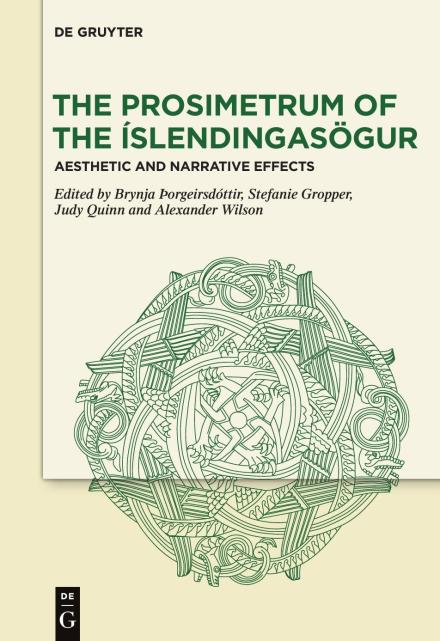The book The Prosimetrum of the Íslendingasögur: Aesthetic and Narrative Effects, edited by Brynja Þorgeirsdóttir (University of Iceland), Stefanie Gropper (University of Tübingen), Judy Quinn (University of Cambridge), and Alexander Wilson (University of Leicester), has just been published.
The majority of the Old Norse-Icelandic Íslendingasögur, one of the most important vernacular literary genres of medieval Europe, combine prose with verse to create prosimetric narratives. Prosimetrum is accordingly a salient generic feature of this intriguing body of texts, and it is the focus of the chapters in this volume. This book as a whole explores how variety of form, experimentation and distributed creativity are intrinsic to the development of the genre, whose complex manuscript transmission often exposes the heuristic mechanics of prosimetric formation.
The variety of new angles presented across the collection contributes to a better understanding of the literary mode of the corpus as a whole and produces new insights into the compositional habits of the (anonymous) authors of individual sagas.
The opening chapter, by Guðrún Nordal, Director of the Árni Magnússon Institute for Icelandic Studies and Professor at the University of Iceland, investigates skaldic verse and its role in shaping authorial identity. The contributors, all leading scholars in Old Norse studies, bring a broad spectrum of international research perspectives to this important volume.
The book is published in open access by De Gruyter and can be accessed via the publisher's website.

